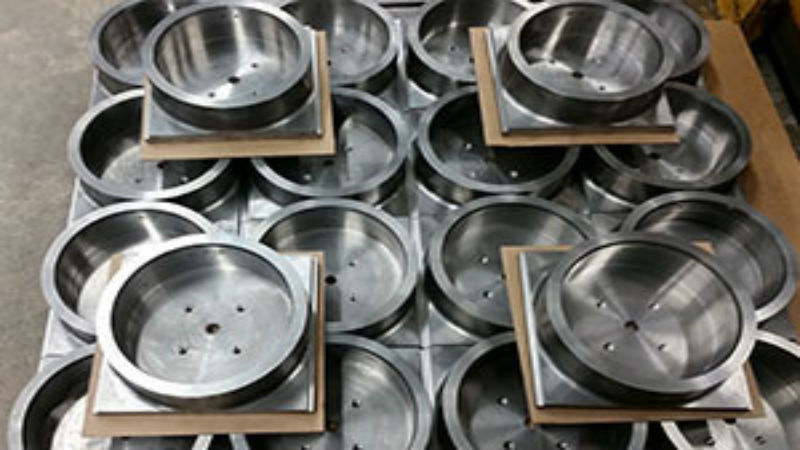Today many parts and materials are routinely turned out on lathe machines. For years, the common practice included manual lathes operated by highly skilled machinists. However, today many companies are choosing to automate their turning operations with CNC machinery. This offers a lot of benefits and here are some reasons to consider this strategy.
What Does CNC Mean?
CNC refers to computer numeric control, and the process uses computerized machinery to control at least two axes of a lathe machine. The process began in the 1940s with numeric control and used a simple punch card method. Today, it’s highly advanced and modern machines can control 5 axes or more during the machining process.
Benefits
Automating turning operations greatly increases the speed that you can work. The machinery does all the work and can give you a great deal more production each day. This is one of the best ways to raise profits and earn new business. However, speed is only one of many advantages you’ll enjoy.
Precision
Thanks to computerized lathe machines, it’s possible to perform precision work in a short amount of time. This can greatly increase your quality. Once programmed, the machines do not make mistakes, and they don’t get tired or fatigued during the day. You get the same precision work, over and over.
Cost
When you choose to automate turning operations, you can save a great deal on employee related costs. For example, you don’t need experienced machinists to set up and run your CNC lathes. It takes a minimal amount of training, and you can get by with fewer people on the payroll.
It does cost a considerable amount of money to purchase the best CNC machinery. However, by using a trusted CNC machine shop for your turning operations work, you won’t have to invest any of your capital.



